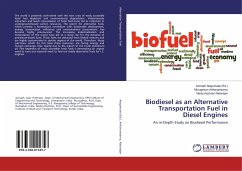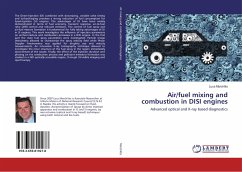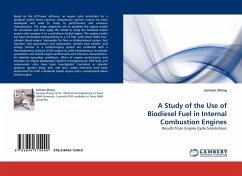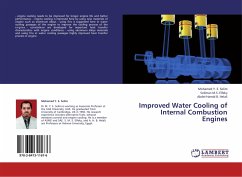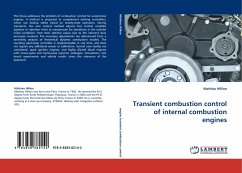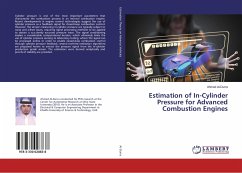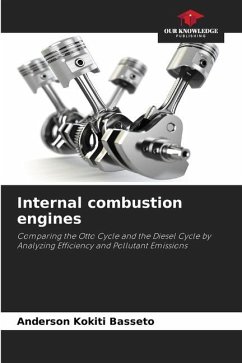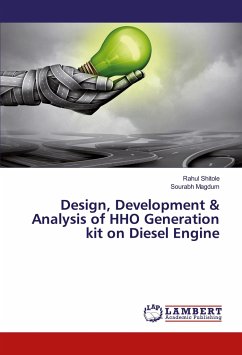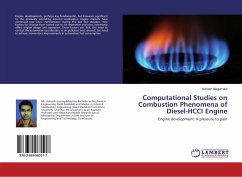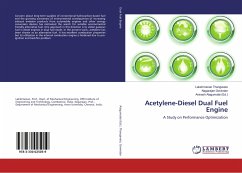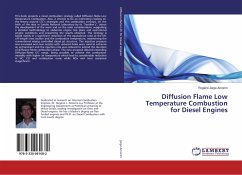
Diffusion Flame Low Temperature Combustion for Diesel Engines
Versandkostenfrei!
Versandfertig in 6-10 Tagen
37,99 €
inkl. MwSt.

PAYBACK Punkte
19 °P sammeln!
This book presents a novel combustion strategy called Diffusion-flame Low Temperature Combustion. Also, it intends to be an interesting reading on the theory around LTC's strategies and this combustion concept, on the birth of the idea in Sandia National Laboratory by its "Sandian's", about the development of the work and on the main considerations, suggesting a detailed methodology to elaborate engine test plans and operational engine conditions and presenting the results obtained. The strategy is based mainly in a significant reduction of the equivalence ratio at the lift-off length cross se...
This book presents a novel combustion strategy called Diffusion-flame Low Temperature Combustion. Also, it intends to be an interesting reading on the theory around LTC's strategies and this combustion concept, on the birth of the idea in Sandia National Laboratory by its "Sandian's", about the development of the work and on the main considerations, suggesting a detailed methodology to elaborate engine test plans and operational engine conditions and presenting the results obtained. The strategy is based mainly in a significant reduction of the equivalence ratio at the lift-off length cross section and the combustion temperature, maintaining the conventional mixing controlled diesel jet structure. The injection pressure was increased and new nozzles with reduced holes were used to enhance air entrainment and the injection rate was reduced to extend the duration of diffusion-flame combustion phase. The new proposal allowed extending Diffusion-flame LTC range, being possible to achieve this combustion modality with higher air temperature which lead to considerable reduction in HC, CO and combustion noise while NOx and Soot remained insignificant.



